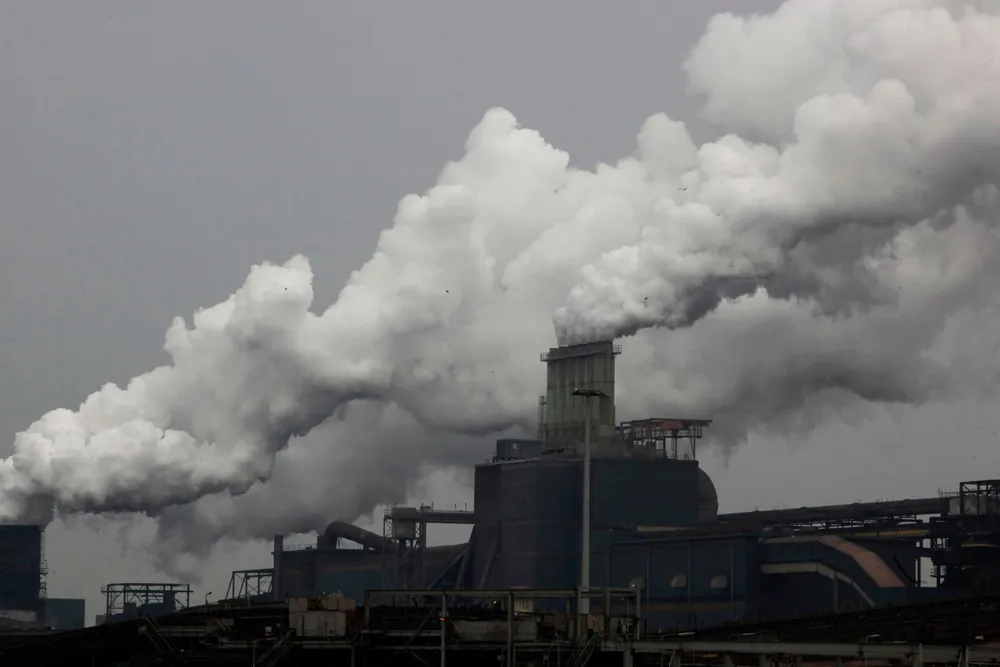African carbon markets programme launched at COP27
The initiative seeks to expand Africa’s carbon credits output and generate revenue that will finance energy transition projects and local employment.

The initiative seeks to expand Africa’s carbon credits output and generate revenue that will finance energy transition projects and local employment.
